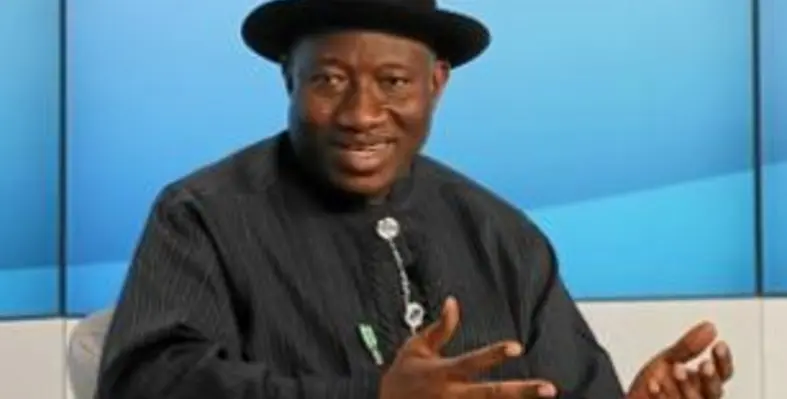Opportunities for investment in Nigerias power generation and distribution infrastructure are set to become more attractive under the next and final phases of privatisation
There are a myriad of problems in Africa's power sector, which need to be overcome to support efforts towards creating new wealth from new business in the continent. A strong value chain is required. Speaking at Africa Rising in Liverpool, UK, Eng. Reynolds Beks Dagogo-Jack, chairman of the Presidential Task Force on Power in Nigeria (http://www.nigeriapowerreform.org/), highlighted the Nigerian situation and requirements for further development and growth.
The privatisation of the Nigerian power sector has been a key priority for President Goodluck Jonathan's administration. Eng. Dagogo-Jack outlined pre-reform and post-reform conditions for Nigeria – for example, there has been a transition from vertically-integrated, government-owned monopoly entities to unbundled utilities with private sector players.
Reform has been undertaken with new private sector players free from liabilities attached to assets, also, and a reconstituted regulator to oversee fair play in the market, based on a cost-reflected tariff-based regime.
One key instrument is NBET, which was formed in 2011 to ensure investments and fair trading conditions could be guaranteed. Eng. Dagogo-Jack stresses that he and his team, and the Nigerian administration, understand well that Investors gravitate towards gaps where there is sanctity of contracts. This lesson was learned during the rapid growth of the country's mobile telecommunications sector in the first decade of this century.
The transition to diversity
Nigeria's electricity market is currently in a transitional phase. The long-term aim for Nigeria's power market is that, by 2015 there will be competition in the wholesale and retail electricity markets, following the introduction of a framework of bilateral contracts this year. By 2020 the government's aim is to achieve 20,900MW effective generation.
Nigeria needs diversity of resource-use, too. There must be fuel diversity for energy security, and Eng. Dagogo-Jack spoke of his government's efforts to develop energy-efficient grid networks based on a mix of oil and gas, of coal, and also of solar, hydro and wind infrastructure. Underpinning such diversity is the drafting of a government policy of bulk power procurement to ensure investor confidence. Eng. Dagogo-Jack concedes that not enough progress has been made on renewables in Nigeria - but he affirms that pressure is being applied to expand in this area.
The regulator is empowered by the Nigerian National Assembly to act independently of government. There is also a new environment in which private sector players are encouraged to enter markets early, to become stakeholders in the nation's progress as it begins to emerge from transitional phase to market maturity. The regulatory framework, which has been designed after research into best practices in other continents, includes dynamic tariff pricing designed to create a sector conducive to investment in the expansion of infrastructure.
Under the privatised environment, existing facilities are set to expand, new power plants are to be constructed, rural electrification is to be prioritised and renewable energies are to become more prominent in the energy mix. There will also be the development and adoption of innovative technologies to reduce power theft.
Human capacity development is also under the spotlight, and Eng. Dagogo-Jack spoke of incentives (for example, income-tax exemption) to induce specialists to come into the country to serve initiatives aligned with the National Power Training Institute of Nigeria (NAPTIN). The technical staff shortfall in Nigeria's energy sector is forecast at 17,441 by 2017, based on the proposed completion of national integrated power project (NIPP) initiatives and federal government (FG) projects - and this represents a grave concern for the Nigerian government.
Concluding his analysis of the Nigerian energy sector, and the value chain available to investors, Eng. Dagogo-Jack said, "An independently-regulated, private-sector led, contractually-driven market has been created. General Electric has set up a US$1bn facility in Calabar.
"Significant companies like Nissan are investing, to make their final product here in West Africa. This is the place where there will be reliable energy for economic development, where the infrastructure has been increased. Nigeria is the place to invest in. The time to invest is now."












